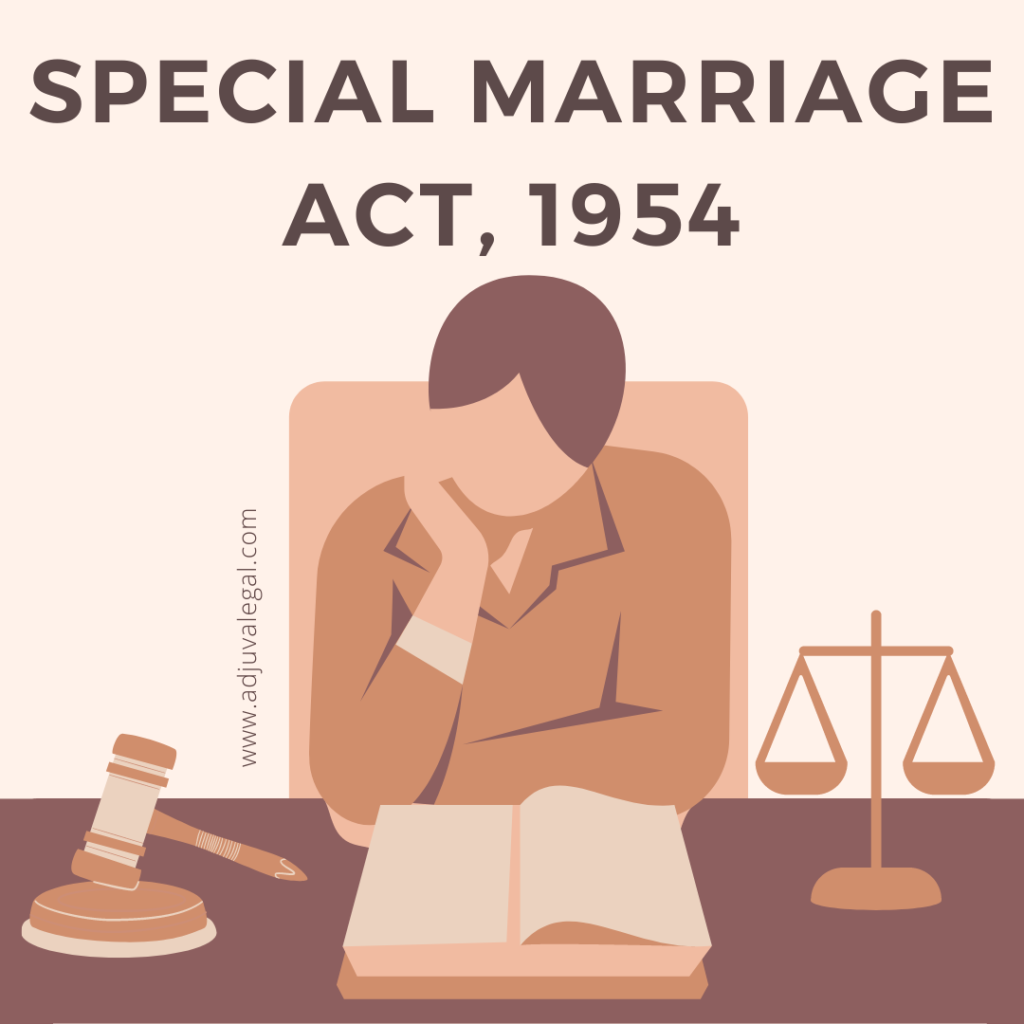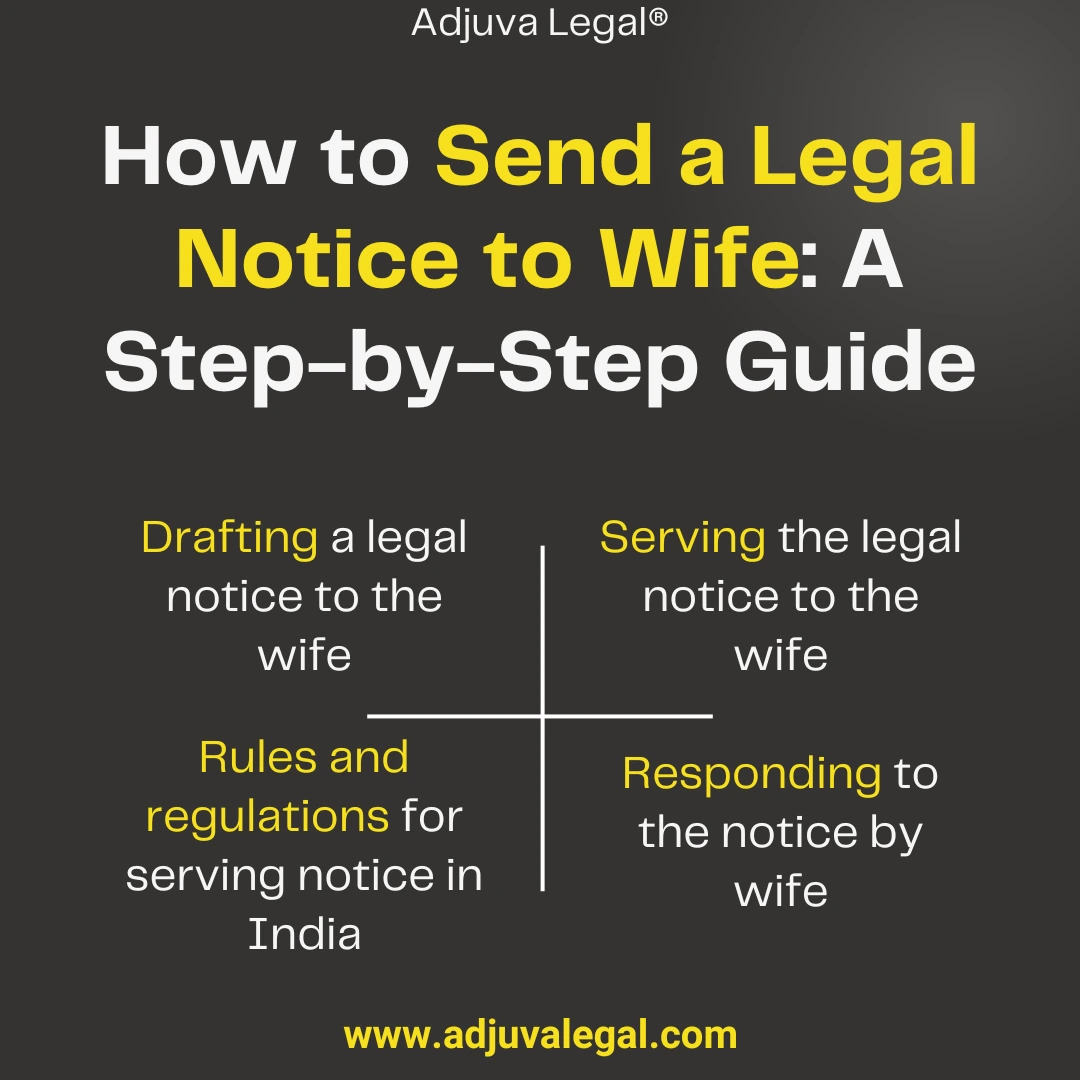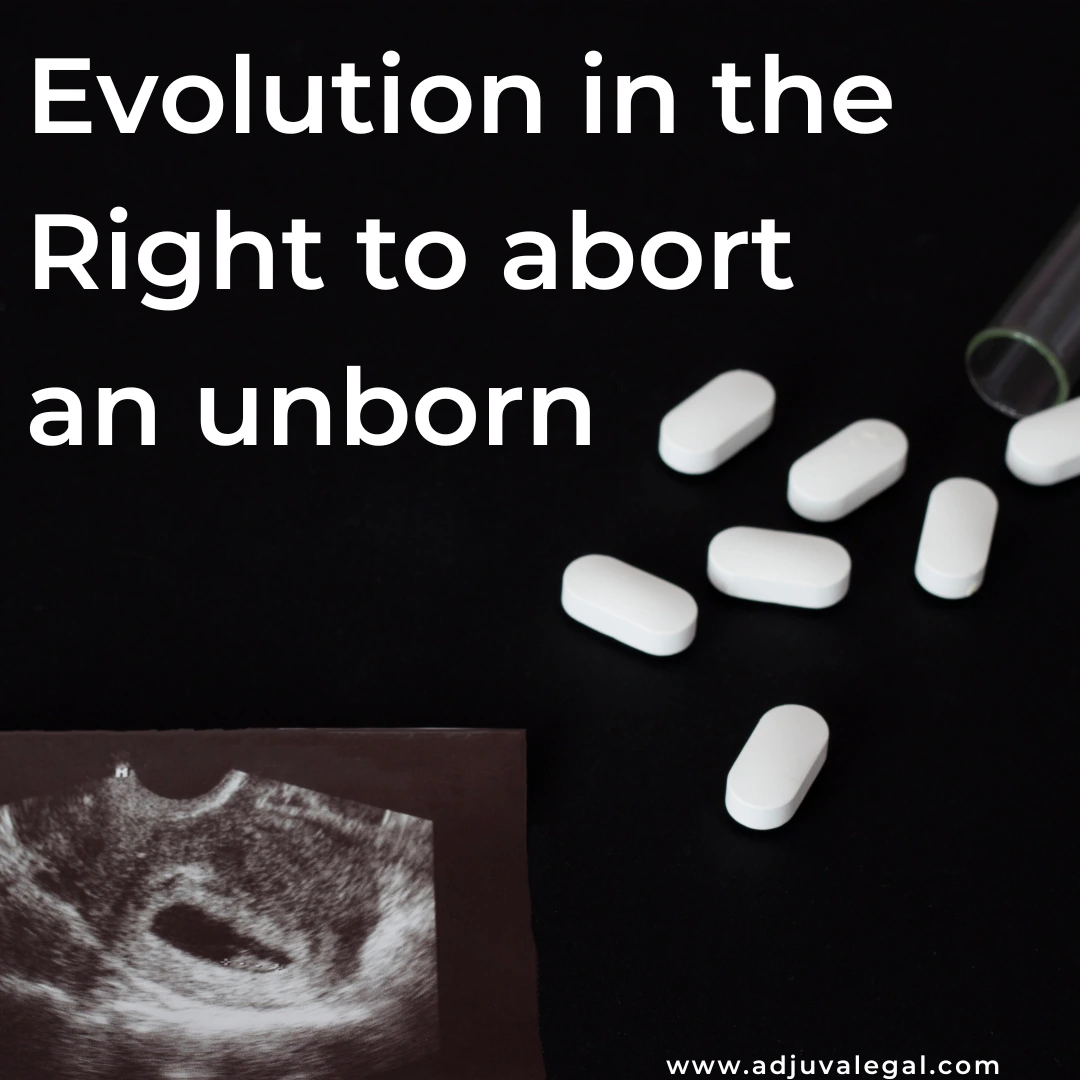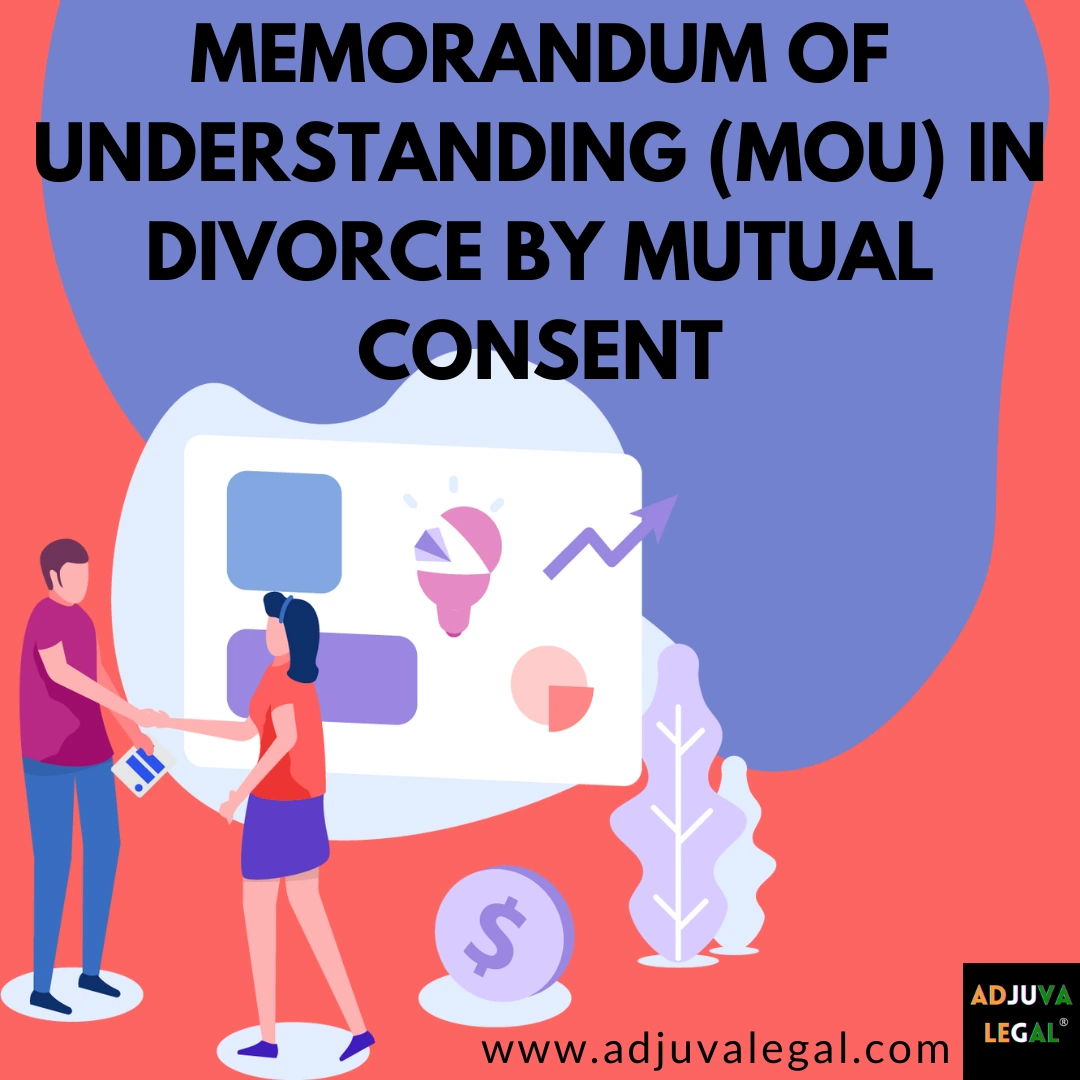Purpose of the Special Marriage Act
The act was enacted as legislation with the objective of establishing secularism. India is a secular country and the same was affirmed by the 42nd Amendment but the stones for the bridge were enforced since the beginning of independence. Special Marriage Act, 1954 affirms the concept of Article 21 that unfurls the Right to life and personal liberty. It shields the consensual solemnization of inter-caste and inter-religion marriages.
Essentials of a Marriage under the Special Marriage Act
Section 4 of the act states the essentials for a marriage under this special law.
1. The person must not have a living spouse
2. Age of the girl for marriage is 18 years and the boy is 21 years
3. Free Consent
4. Beyond prohibited degrees
5. Where the marriage is solemnized in the State of Jammu and Kashmir, both parties are citizens of India domiciled in the territories to which this Act extends
Concept of Notice under the Special Mariage Act
Section 6 states that Notice of intended marriage.―When a marriage is intended to be solemnized under this Act, the parties to the marriage shall give notice thereof in writing in the form specified in the Second Schedule to the Marriage Officer of the district in which at least one of the parties to the marriage has resided for a period of not less than thirty days immediately preceding the date on which such notice is given.
It is a mandatory concept for registering marriage legally according to Special Marriage Act, 1954.
Section 7 states that if any party is willing to withdraw from marriage, it can be done within the period of 30 days.
Send a legal notice under the Special Marriage Act using this link.
Marriage Certificate under SMA
Section 13 of the act states that, when the marriage has been solemnized, the Marriage Officer shall enter a certificate thereof in the form specified in the Fourth Schedule in a book to be kept by him for that purpose and to be called the Marriage Certificate Book and such certificate shall be signed by the parties to the marriage and the three witnesses.
(2) On a certificate being entered in the Marriage Certificate Book by the Marriage Officer, the Certificate shall be deemed to be conclusive evidence of the fact that a marriage under this Act has been solemnized and that all formalities respecting the signatures of witnesses have been complied with.
Additionally, section 14 of the act states that new notice has to be given if the prior elapsed within 3 months.
Conditions for Marriage under SMA
The conditions required for marriage enshrined in section 15 of the act are mentioned below:
(a) a ceremony of marriage has been performed between the parties and they have .been living together as husband and wife ever since;
(b) neither party has at the time of registration more than one spouse living;
(c) neither party is an idiot or a lunatic at the time of registration;
(d) the parties have completed the age of twenty-one years at the time of registration;
(e) the parties are not within the degrees of prohibited relationship;
(f) parties must be residing within the district of the marriage officer to who notice has been given.
Procedure for Registration of a Marriage
- Upon receipt of an application signed by both parties to the marriage for the registration of their marriage
- the Marriage Officer shall give a public notice
- after allowing a period of thirty days for objections and after hearing any objection received within that period,
- shall, if satisfied that all the conditions mentioned in section 15 are fulfilled,
- enter a certificate of the marriage in the Marriage Certificate Book in the form specified in the Fifth Schedule,
- and such certificate shall be signed by the parties to the marriage and by three witnesses.
Divorce under the Special Marriage Act
Dissolution of marriage under the Special Marriage Act, 1954 is enshrined in section 27. Additionally, the act also affirms the concept of divorce with mutual consent under section 28.
You may apply for divorce under the Special Marriage Act using this link.
by Khushi Shukla
Disclaimer: The opinions expressed within this article are the personal opinions of the author. The facts and opinions appearing in the article do not reflect the views of Adjuva Legal and Adjuva Legal does not assume any responsibility or liability for the same.
FAQs on the Special Marriage Act
The Special Marriage Act is enacted to establish secularism and protect the right to life and personal liberty by allowing consensual inter-caste and inter-religion marriages.
According to section 4 of the Special Marriage Act, the essentials for a marriage under this special law are: both parties must be unmarried, the girl must be 18 years old, and the boy must be 21 years old, there must be free consent, the marriage must not be within prohibited degrees, and both parties must be citizens of India domiciled in the territories to which this Act extends in the case of marriage solemnized in the State of Jammu and Kashmir.
The concept of notice under the Special Marriage Act requires the parties to the marriage to give notice in writing to the Marriage Officer of the district in which at least one of the parties has resided for a period of not less than thirty days immediately preceding the date on which such notice is given, as specified in section 6 of the Act. It is mandatory for registering marriage legally.
Upon receiving an application signed by both parties to the marriage for the registration of their marriage, the Marriage Officer shall give public notice. After allowing a period of thirty days for objections and after hearing any objection received within that period, the Marriage Officer shall enter a certificate of the marriage in the Marriage Certificate Book in the form specified in the Fifth Schedule, as per section 15 of the Act.
Yes, under section 15 of the Special Marriage Act, any marriage can be registered under this act. The conditions are: a ceremony of marriage must have been performed between the parties and they have been living together as husband and wife ever since, neither party has more than one spouse living at the time of registration, neither party is an idiot or a lunatic at the time of registration, both parties have completed the age of twenty-one years at the time of registration, the parties are not within the degrees of prohibited relationship, and both parties must be residing within the district of the Marriage Officer to whom notice has been given.
Yes, the Special Marriage Act allows for the solemnization and registration of marriages between people of different religions and castes.
To obtain a marriage certificate under the Special Marriage Act, both parties to the marriage must give notice of their intended marriage in writing to the Marriage Officer of the district in which at least one of the parties has resided for a period of not less than thirty days immediately preceding the date on which the notice is given. After a waiting period of thirty days, during which objections to the marriage can be filed, the Marriage Officer may enter a certificate of marriage in the Marriage Certificate Book in the form specified in the Fifth Schedule of the act, which must be signed by the parties to the marriage and three witnesses.
Yes, it is possible to obtain a divorce under the Special Marriage Act. Section 27 of the act provides for the dissolution of marriage, while section 28 affirms the concept of divorce with mutual consent.








